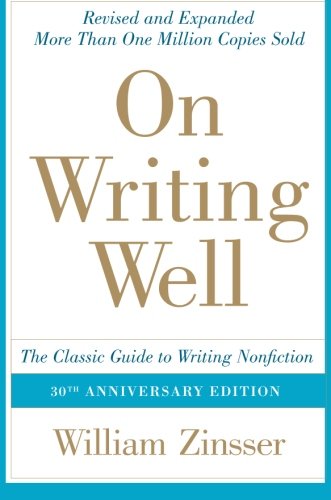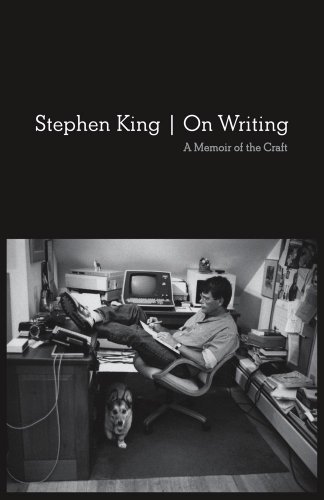We find ourselves nearing the end of yet another year. One in which I failed at two of my most ambitious goals, reading & writing. As the calendar turned from 2015 to 2016, I wanted to increase my intake and output of words. If you’ve been a reader of this blog for long, you’ll have noticed a definite drop in output. What you may not have noticed, unless you’re my wife, is that I have also failed to reach my reading goal for 2016. Perhaps I was a tad ambitious in putting together this year’s list by taking on several large volumes. Whatever the reason, I completed roughly half of my intention.
Within the 25-30 books I did complete however, were several gems I’d like to share with you. If you’re still looking for that perfect gift to place under the tree for the avid reader you know, perhaps this list will help you find it.
Pilgrim’s Progress by John Bunyan - Classic works of literature can be boring, meandering messes. As I’ve sought to read all the books the collective “they” says I should, I’ve been bogged down by author’s use of language or pace. Not so with Bunyan’s masterpiece. Intermingled in this beautiful story of Christian’s journey are biblical truths that instruct the mind and comfort the soul. As Christian makes his journey from the City of Destruction to the Celestial City his trials and temptations show us a familiar picture and point us to the Way. Wonderful in it’s use of language, and stunning in it’s simplicity this classic is one I plan to revisit often.
On Writing Well by William Zinsser - This book now sits within arms reach of my desk. I often pull it down, flip through its pages and in so doing find exactly the help I need to finish my task. It serves as both an inspiration and a resource regardless of the project. If you have an interest in writing on any level, this book will guide you through rough seas and stormy gales until you’re safely home having created the best form of writing you can.
On Writing by Stephen King - This is the only Stephen King book I’ll probably ever read, but I’m beyond glad I did. King is both immensely practical and wildly entertaining as he brings you along for the ride of how he became the writer we all know. His memoir style approach to the subject of writing is as insightful as any other book on the craft and is a joy to read, even if you have no interest in writing at all.
Tactics by Greg Koukl - How often have you been in situations or conversations in which you felt the need to say something but weren’t sure what? In Tactics, Koukl gives you a game plan for discussing your Christian convictions with that often difficult cocktail of grace and truth. In this book you’ll learn how to frame a discussion gracefully and confidently. One of my favorite aspects of Koukl’s approach is that you can employ it from day one. There is no need to wait until you’ve finished the book to get in the game. He helps you turn any conversation into a discussion of significance, without being weird or strange.
Do More Better by Tim Challies - There are so many resources and books out there on the topic of productivity. In a culture obsessed with getting things done, we are always on the hunt for the next nugget or hack that is going to fix everything. In this crowded space, a work has to be especially great to stand out. It was a breath of fresh air then, to download a copy of Tim Challies’ Do More Better. In this short, but powerful book Challies helps us step back and see productivity rightly and build a system to steward your gifts, talents, time, energy and enthusiasm for the good of others and the glory of God.
Church History In Plain Language by Bruce Shelley - It’s easy to fall into the trap of focusing so much on the present and future that we forget to look at the past. What a mistake we make when we fail to consider our story and how we got here. While I haven’t quite finished reading this one, it has proven itself to be a great help already. Like most stories, this one starts with the beginning—the early church. After a very brief retelling of the life and ministry of Christ, Shelley picks up the trail of the rag tag group entrusted with carrying forth the good news of the gospel to the whole world.
Please note: This post contains Amazon affiliate links. Should you complete a purchase using a link from this post, at no extra cost to you, I would receive a small commission on the sale.














